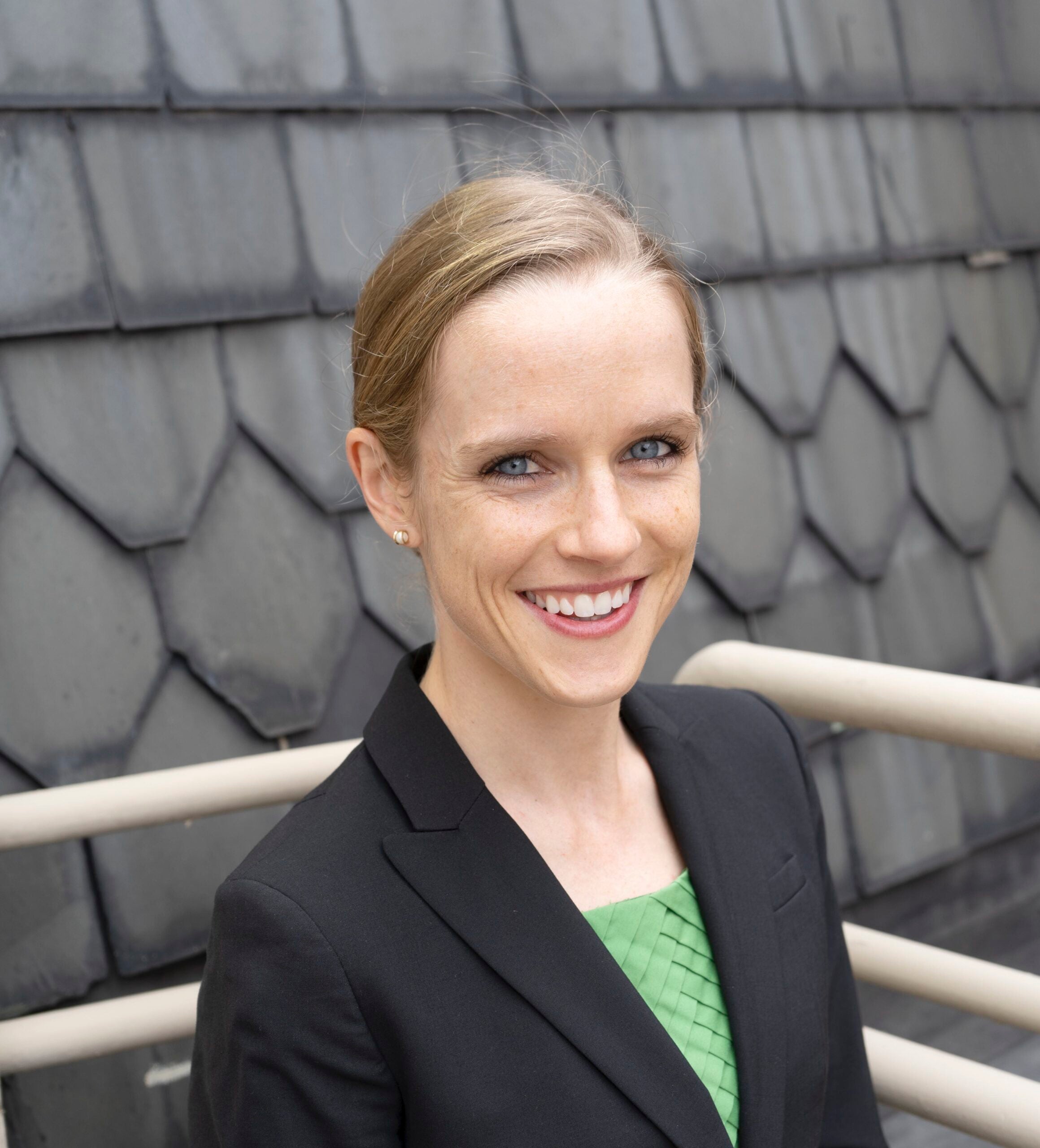Film Screening: Poverty Inc. by Michael Matheson Miller
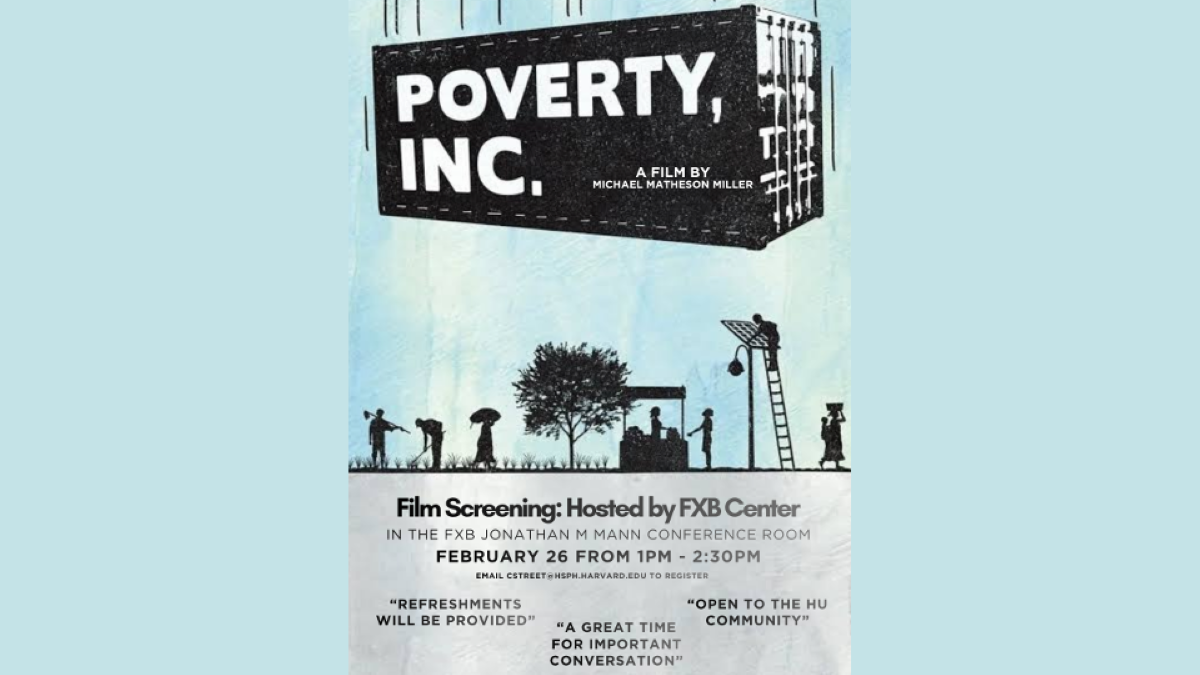
FXB Center is hosting a film screening of “Poverty Inc.” a documentary film by Michael Matheson Miller in the FXB Jonathan M Mann Conference Room. There will be refreshments provided, and this screening is open to the Harvard University Community.
Organizers
Harvard Pop Center Social Demography Seminar: “The effect of a Universal Cash Transfer on fertility and newborn health”

Sarah Cowan, PhD, associate professor of sociology and director of undergraduate studies, New York University, will present (REMOTELY) “The effect of a Universal Cash Transfer on fertility and newborn health.”
The Social Demography Seminar (SDS) series at the Harvard Center for Population and Development Studies provides a lively forum for scholars from across the university to discuss in-progress social scientific and population research. Social demography includes work that uses demographic methods to describe and explain the distribution of social goods across populations. The hybrid series offers presentations on a wide variety of topics such as family, gender, race/ethnicity, population health—including mortality, morbidity, and functional health—inequality, immigration, fertility, and the institutional arrangements that shape and respond to population processes.
Speaker Information
Organizers
Examining Immigration Enforcement from Minnesota to Boston: A teach-in on impacts and community resources

Come join us for an engaging seminar on immigration enforcement and its impact. Participants will learn about the extent of immigration enforcement, consider its far-reaching effects on public health and mental health, and learn about concrete resources and support available at Harvard, in surrounding communities, and beyond. We will be joined by HSPH faculty, students, and other leaders in this field.
This seminar offers a welcoming space to learn, reflect, and connect.
This event is co-sponsored by the Department of Health Policy and Management and the Office for Community Belonging.
Speaker Information
David Williams
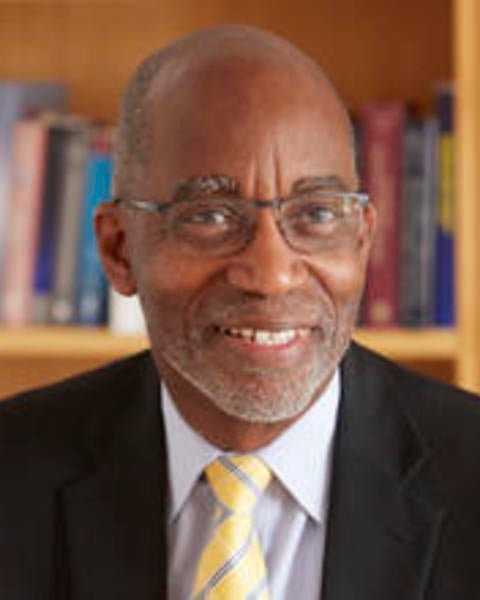
Maggie Sullivan

Evie Odden

Liz Gipson
TJ Moon
Organizers

This event is part of the Dr. Lawrence H. and Roberta Cohn Forum series.
This conversation pulls back the curtain on what really happens when Democrats and Republicans hammer out health legislation in Washington. Former HHS Assistant Secretary for Legislation Melanie Egorin and former staff director for the House Ways & Means Health Subcommittee Brian Sutter will unpack how trust, timing, and technical work shape major laws. They will trace how ideas move from “policy on the shelf” to statute, even in hyper‑partisan moments. This discussion will paint a clear picture of the roles staff, agencies, and advocates play—and offer practical advice for building a career in bipartisan problem‑solving.
Register for free to submit your questions.
An on-demand video will be posted after the event.
Speakers
Melanie Egorin
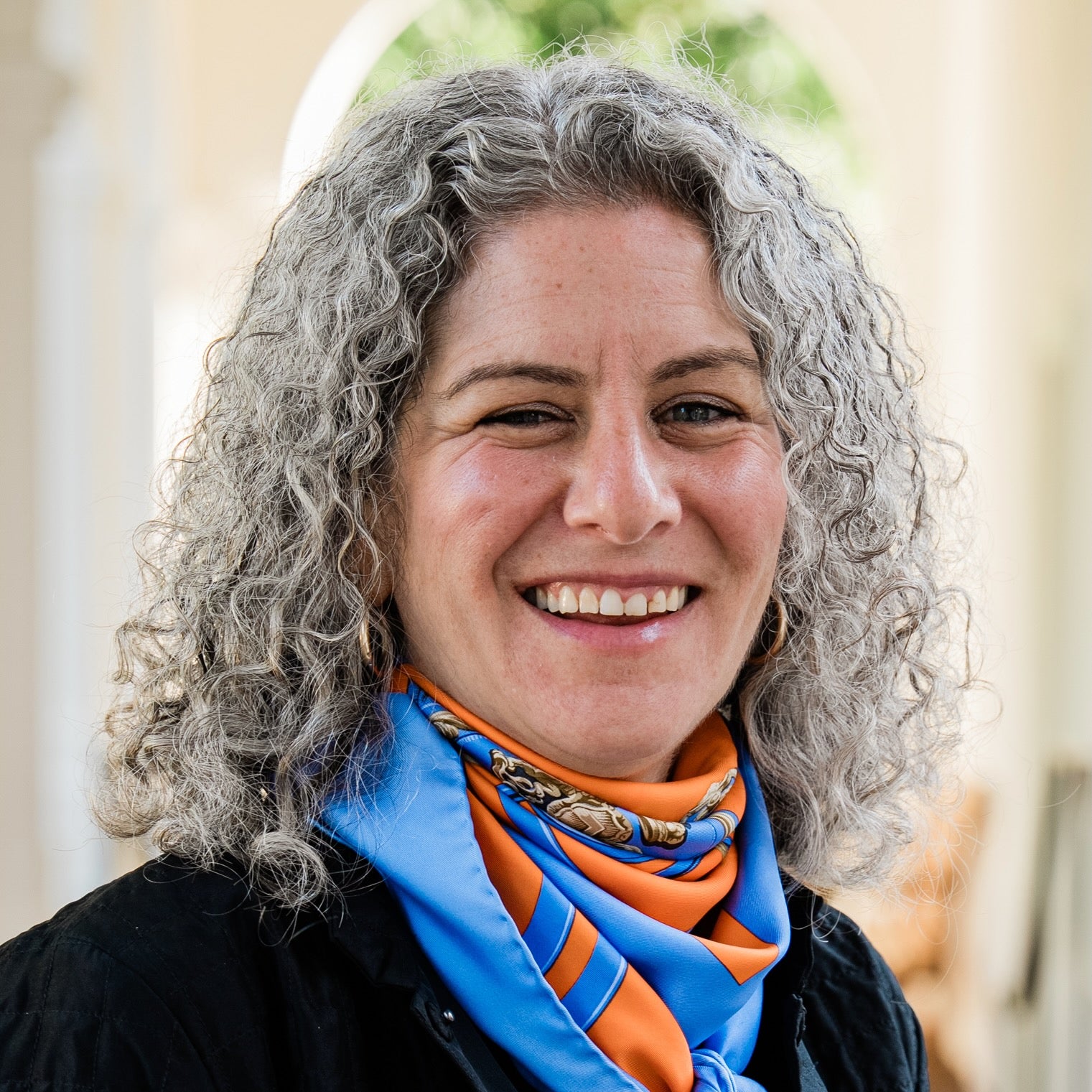
Brian Sutter
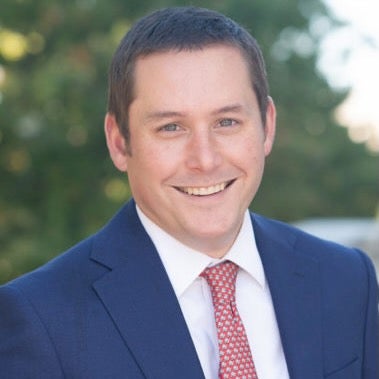
Moderator
About The Studio

A free film screening of the documentary, The President and the Dragon, and Q&A with former CDC Director Rochelle Walensky and The Carter Center’s Sarah Yerian
At just 10 human cases, reports of Guinea worm, a debilitating parasitic disease with no vaccine or drug treatment, are at an all-time low, according to The Carter Center.* What drove this success?
This event includes a free screening of The President and the Dragon, a documentary about former U.S. President Jimmy Carter’s efforts to eradicate Guinea worm. Followed by a Q&A about Guinea worm, global health, and storytelling. Light refreshments to follow.
*Figures are provisional until officially confirmed.
Speakers
Rochelle Walensky
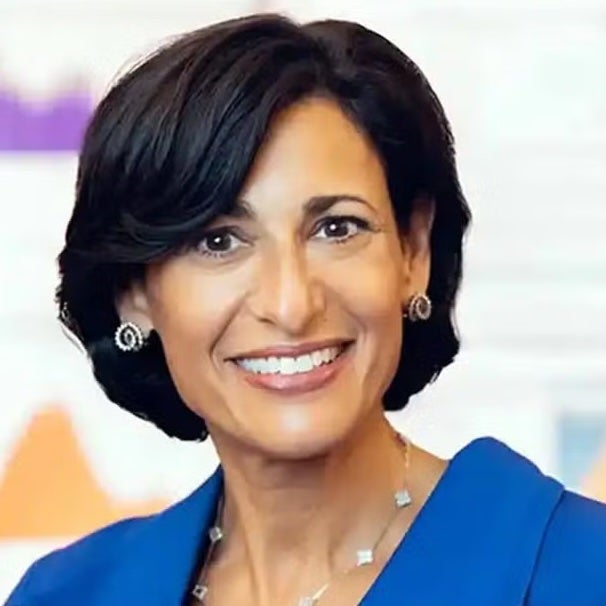
Sarah Yerian
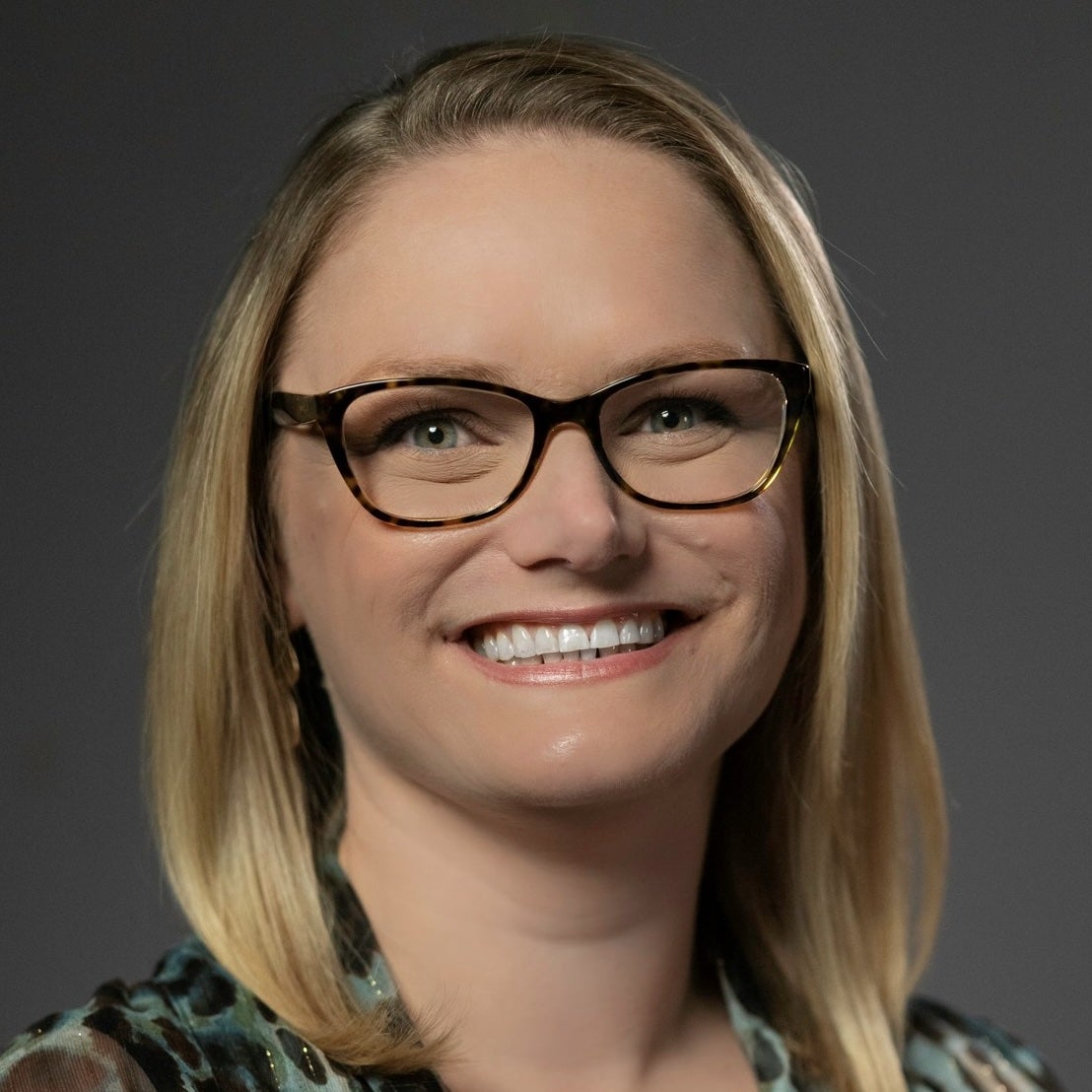
Moderator
Emily Staub
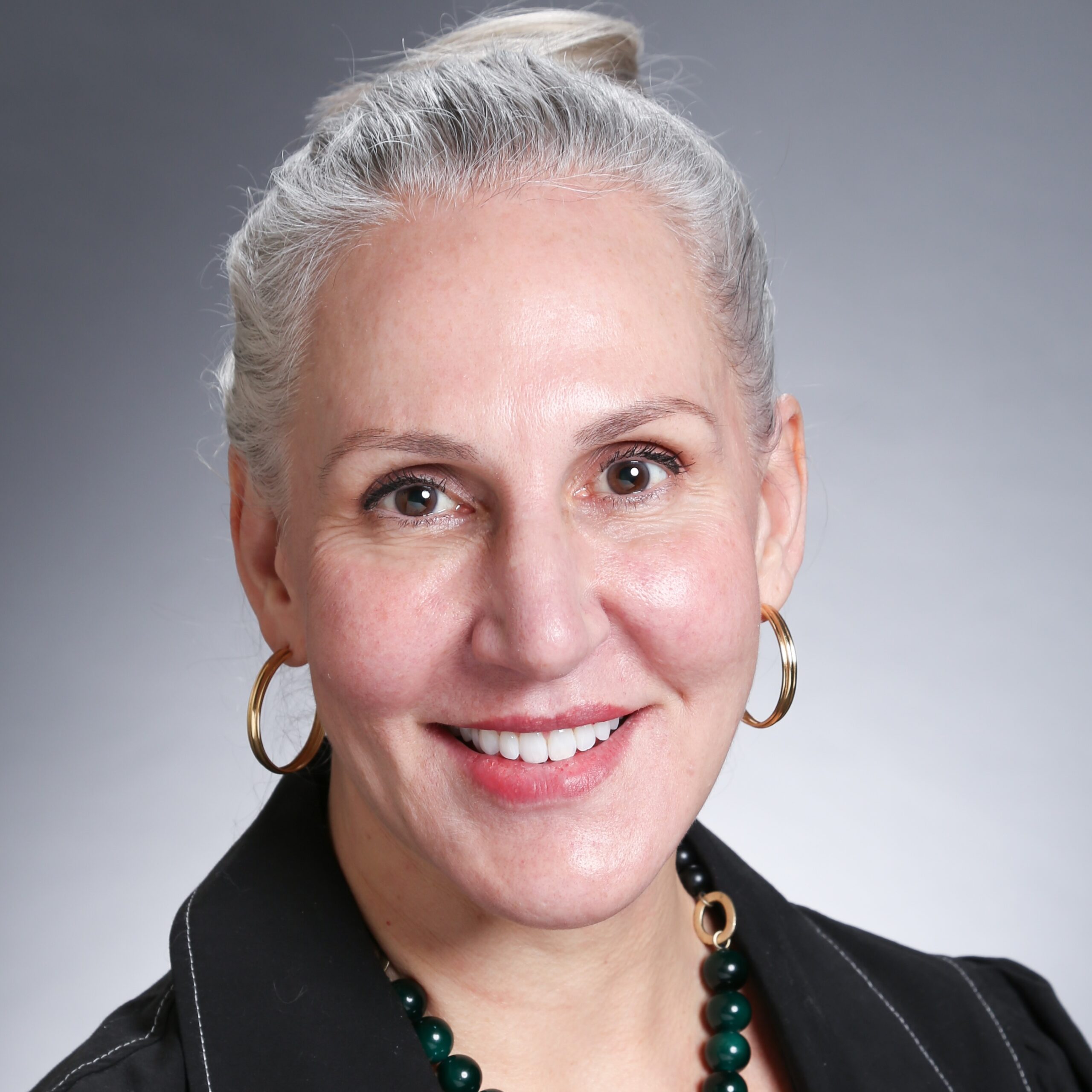
About The Organizers
Redesigning Calm: Designing Nature-Inspired Spaces

Redesigning Calm invites members of the Harvard community to explore how our surroundings shape mental and physical well-being. Drawing inspiration from organic and landscape architecture that harmonize natural light, greenery, and spatial flow, alongside modern biophilic design, this hands-on workshop encourages participants to reimagine familiar built environment, such as campus study or personal spaces, through a restorative lens. Using sensory observation, art materials, and natural elements, participants will creatively redesign spaces to help ease stress and anxiety, promote calm, and restore focus.
This well-being workshop will be led by Center Student Engagement Committee member Olivia Song, MPH ’27. Pizza (and plants!) will be provided.
Speaker Information
Olivia Song

Organizers
SPARK: Strategy, Participation, Action, Recognition, Knowledge
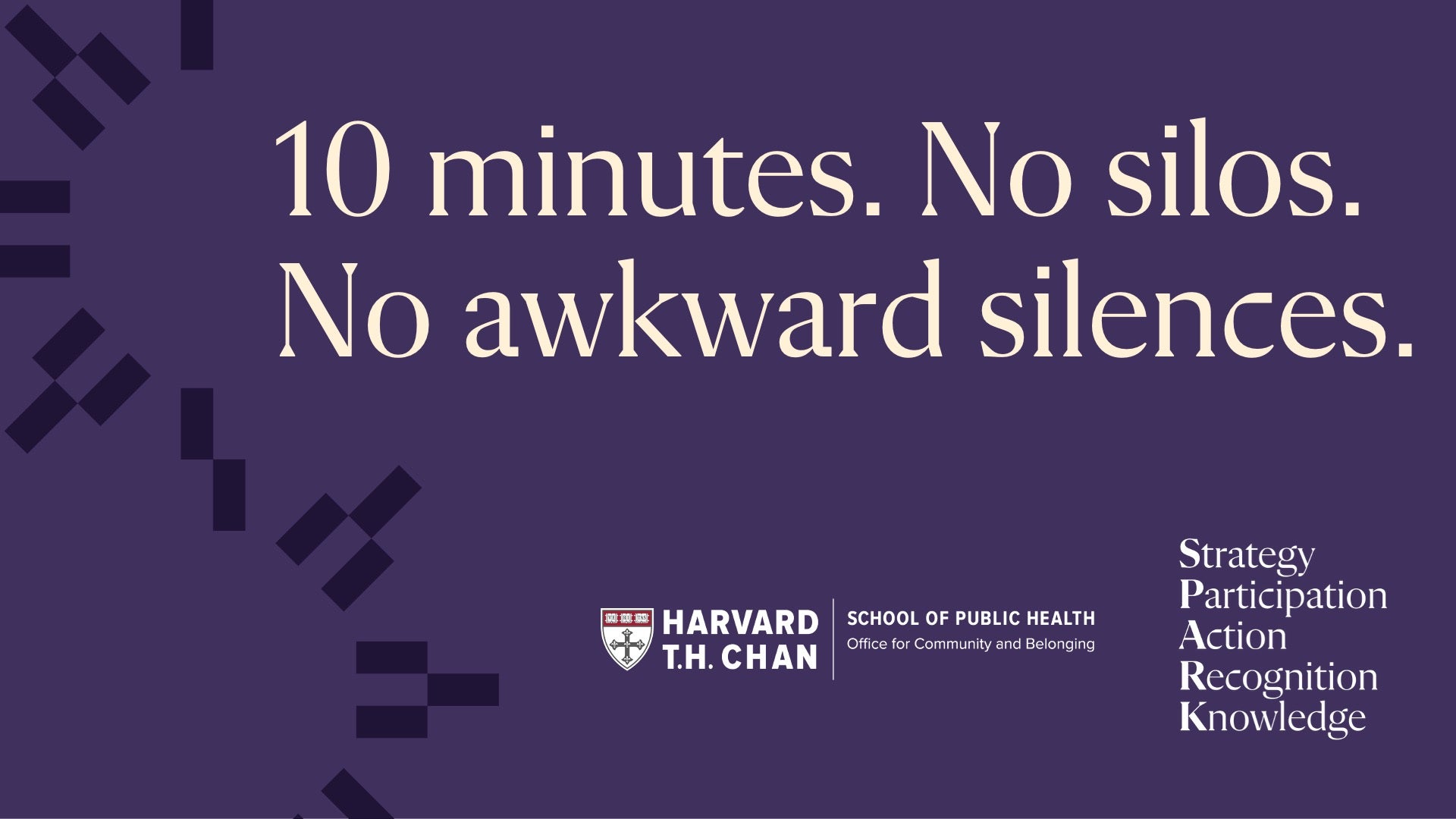
SPARK: 10 minutes. No silos. No awkward silences.
SPARK (Strategy, Participation, Action, Recognition, Knowledge) will kick off with two events this February.
Join us on Tuesday, February 24 or Wednesday, February 25 from 1:00–2:00 PM in the Kresge Cafeteria.
What is SPARK?
SPARK is an opportunity for Harvard Chan School staff, faculty, researchers, and students to make person-to-person connections. Join us for a 10-minute activity to shake up your week and shake off the winter blues.
What’s this event all about?
Join us in the Kresge Cafeteria for a quick game designed to help you meet new people in the Harvard Chan community and learn new things about friends, colleagues, and classmates. There are no wrong answers and all are welcome. You can even win prizes, like a week of free lunches at Sebastian’s Café Snacks will be provided. No RSVP is needed.
There will be two sessions for this event, one on Tuesday, February 24 and one on Wednesday, February 25. Both will take place from 1:00–2:00 PM in the Kresge Cafeteria.
Why come to a SPARK event?
We believe the more connected we are, the more we can accomplish together. SPARK is designed to strengthen connections, break down silos, and build trust.
Organizers
SPARK: Strategy, Participation, Action, Recognition, Knowledge

SPARK: 10 minutes. No silos. No awkward silences.
SPARK (Strategy, Participation, Action, Recognition, Knowledge) will kick off with two events this February.
Join us on Tuesday, February 24 or Wednesday, February 25 from 1:00–2:00 PM in the Kresge Cafeteria.
Update: SPARK has been canceled for February 24 due to inclement weather. The event on February 25 will go forward as planned!
What is SPARK?
SPARK is an opportunity for Harvard Chan School staff, faculty, researchers, and students to make person-to-person connections. Join us for a 10-minute activity to shake up your week and shake off the winter blues.
What’s this event all about?
Join us in the Kresge Cafeteria for a quick game designed to help you meet new people in the Harvard Chan community and learn new things about friends, colleagues, and classmates. There are no wrong answers and all are welcome. You can even win prizes, like a week of free lunches at Sebastian’s Café Snacks will be provided. No RSVP is needed.
There will be two sessions for this event, one on Tuesday, February 24 and one on Wednesday, February 25. Both will take place from 1:00–2:00 PM in the Kresge Cafeteria.
Why come to a SPARK event?
We believe the more connected we are, the more we can accomplish together. SPARK is designed to strengthen connections, break down silos, and build trust.
Organizers

Presented jointly with the Zhu Family Center for Global Cancer Prevention
In this timely panel, experts will take a look at healthy hydration. How can fluids such as clean drinking water, coffee, and tea boost health, while beverages such as alcohol, soda, and other sugary drinks raise health risks. And how do these choices potentially influence cancer risk? Tune in to this event – part of the Zhu Center’s month-long commemoration of World Cancer Day — to hear clear, evidence-based information.
Speaker Information
Moderator
About The Organizers
Psychotropic Medication Safety in Pregnancy: Moving Beyond Malformation Risk

Join us on Wednesday, May 6th for the Department of Epidemiology seminar series featuring Dr. Krista Huybrechts discussing Psychotropic Medication Safety in Pregnancy: Moving Beyond Malformation Risk.
Abstract: Psychotropic medication use during pregnancy has increased substantially, heightening the need for robust evidence to guide prescribing and to inform patients about the risks and benefits of treatment continuation. Historically, research has focused on congenital malformations—paradigmatic harms in the shadow of the thalidomide catastrophe—but other unintended drug effects are equally important and pose distinct methodological challenges. This seminar will examine what we have learned about studying outcomes such as nonlive births and longterm neurodevelopment in children, highlighting study design challenges, potential biases, and data issues that shape inferences about psychotropic medication safety in pregnancy.
Bio: Krista Huybrechts is Professor of Medicine and Epidemiology at Harvard Medical School and Harvard T.H. Chan School of Public Health. She co-founded and co-directs the Harvard Program on Perinatal and Pediatric Pharmacoepidemiology (H4P). Her work, which is funded primarily by the National Institutes of Health, focuses on the use of advanced epidemiological and statistical methods applied mainly to large databases derived from health data collected in the context of routine medical care to help address the unique questions regarding benefit-risk trade-off for prescription medication use faced by women of reproductive age and pregnant women.
